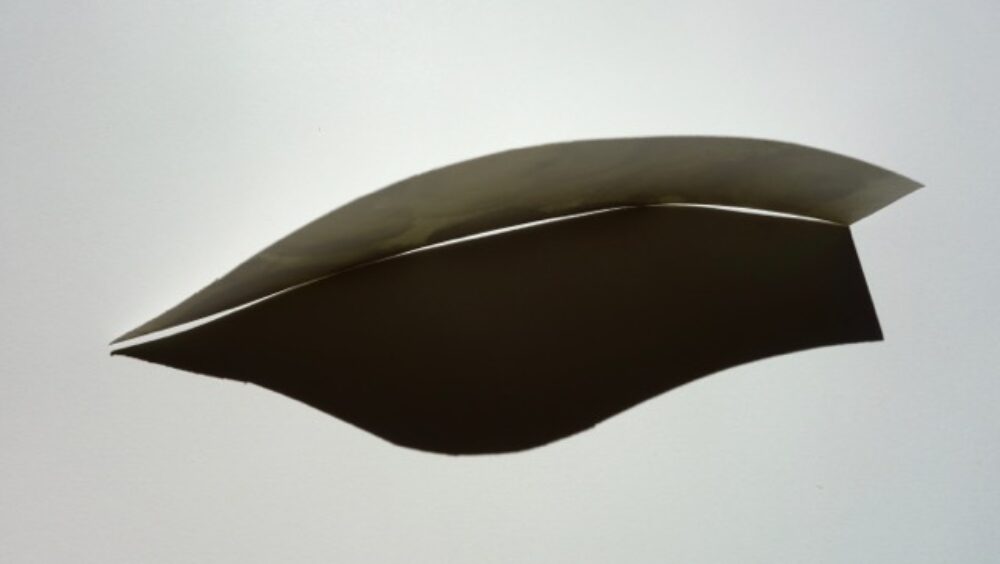Another more nuanced rejection of climate change goes a little like this:
Why should I believe it’s true ?Why should we trust “climate scientists” any more than we can trust “nutrition scientists” who have a different “consensus” on cholesterol every ten years? Scientists tell us that everything we like is carcinogenic and that can’t be true. Scientists tell us that the Earth is billions of years old and that humans have evolved from simpler creatures but the person at the pulpit of my church says that the Bible has the right answer on these issues. And, guess who is going to tell each of us what we have to do to fix this climate “problem”? Scientists and people who think all the answers are found in science.
This is a rejection of the message and the messengers.
I don’t think climate change denialists are stupid and I don’t think they have closed their ears to truth. I think that they apperceive the consequences of NOT denying climate change.
To accept the idea of anthropogenic climate change is to accept the notion that each and every one of us are the agents causing planet wide trauma. Our lives as we are now living them are (at the very least) degrading the world our grandchildren and their children will experience. Most daily activities we undertake as Americans add to our “carbon footprint” and thereby contribute to the unfolding disaster. If we believe in climate change, that belief opens the door for all of us to be more moral than we ever imagined because every action we take will ramify and affect billions of other human beings.
When Congressman Steve King recently remarked that “It (climate change) is not proven, it’s not science. It’s more of a religion than a science,” his subtext says it all. King knows that belief in global warming entails a new morality that will change the moral calculus of everyday living. It feels to him, not incorrectly, like a new religion. This new “religion” is not issuing from a sacred text or the pulpit but from the heart of the secular order from scientists whose values he believes differ from his own.
Denialists do apprehend the moral implications of climate change and I think they are highly sensitive to the political implications. More on that next time.
